SUMMARY
This is AI generated summarization, which may have errors. For context, always refer to the full article.
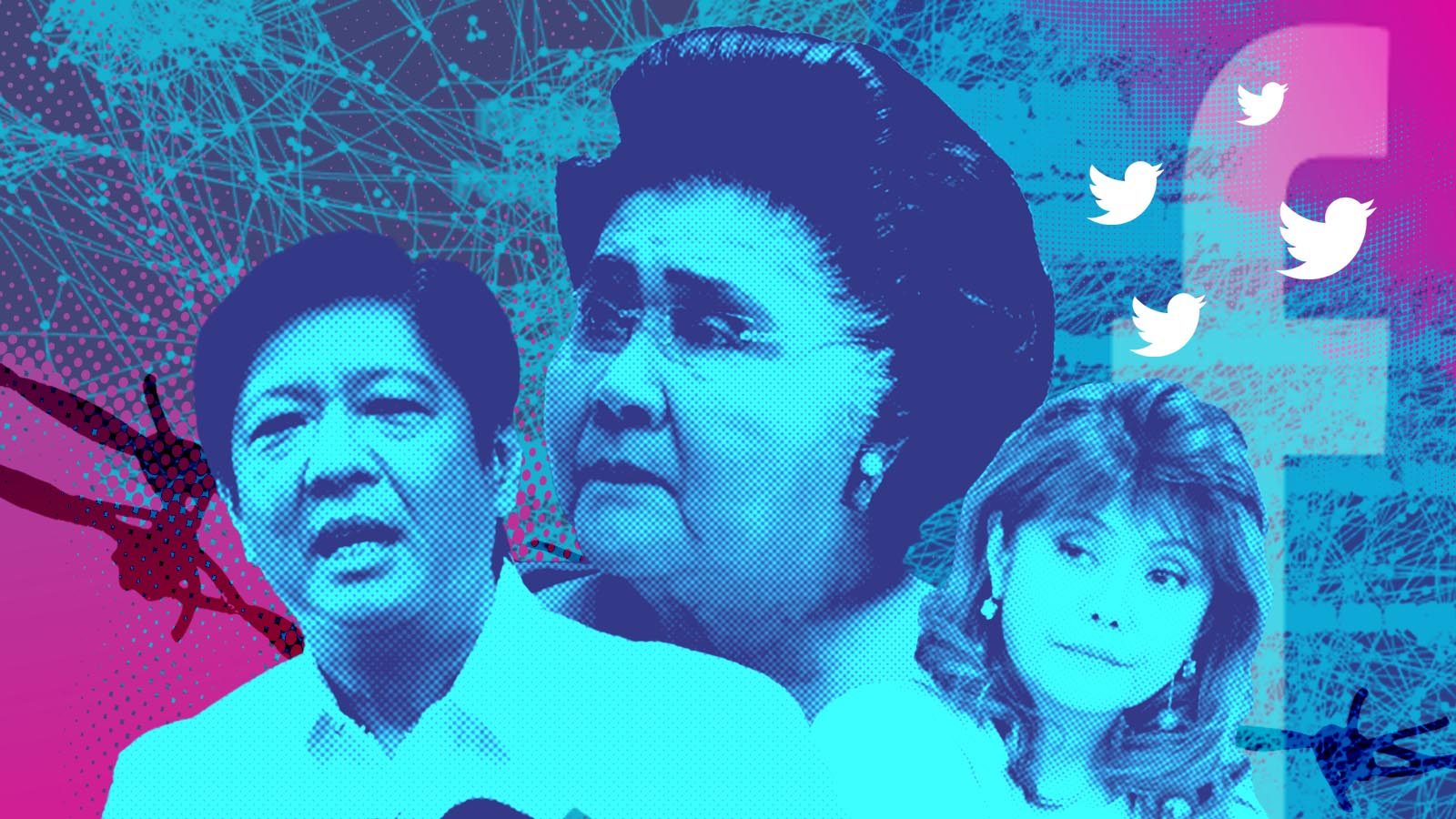
This compilation was migrated from our archives
Visit the archived version to read the full article.
Second of three parts
READ: Part 1 | Networked Propaganda: How the Marcoses are using social media to reclaim Malacañang
MANILA, Philippines – From the time Rappler started ramping up its fact-checking efforts, it has spotted hundreds of dubious claims related to the Marcoses and Martial Law on social media.
Claims ranged from those that attempted to explain away the Marcos wealth – to those that “exposed” the sins of their nemesis: the family of the late Senator Benigno “Ninoy” Aquino Jr, whose assassination triggered the dictator’s downfall.
Apart from attempting to erase the history of abuse and corruption by the Marcoses during the Martial Law years, the claims have recurring themes. What is often described as “shocking” information is generally portrayed as having been “hidden” from the public by historians and the “biased” press.
Messages posted in groups and pages monitored by Rappler’s Sharktank typically glorified the virtues of authoritarian rule. To a significant extent, the campaign focused on disputing or revising historical accounts about the Marcoses’ ill-gotten wealth.
The table below lists pages and groups where dubious claims tracked and fact checked by Rappler’s fact check team have been shared. All together, these content generated over a million shares, reactions, and comments on Facebook.
Denying Marcos kleptocracy
One example of this is a claim posted in May 2014, ahead of the 2016 elections, by popular Facebook page Pinoy Rap Radio, which also tried to dispute the truth about the Marcos wealth.
If Ferdinand Marcos stole billions from Filipinos, one of the page’s posts argued, why was it that succeeding presidents after him “can not show any proof at all?” The author also claimed that Imelda Marcos, the widow of the dictator, “won every corruption case” that was hurled at her.
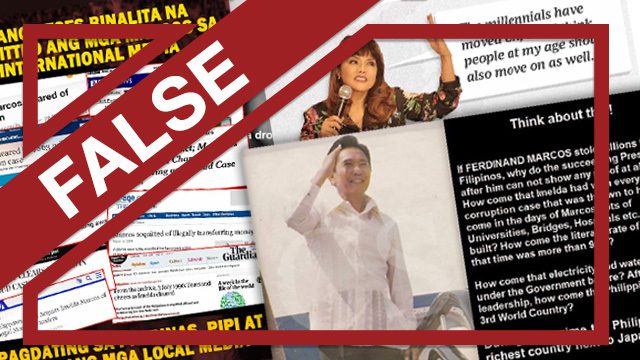
Both claims were lies even as authorities have been reluctant to arrest Imelda. In a 2003 ruling, the Philippine Supreme Court forfeited seized Marcos assets after finding that Ferdinand and Imelda Marcos failed to justify the acquisition of their assets which exceeded their salaries as public officials. (For updates on the Marcos cases, read: What’s the latest on cases vs Imelda Marcos, family?)
The truth did not stop the post from getting widely circulated on Facebook – it got more than 331,000 shares, more than 38,000 comments, and more than 369,000 reactions before it was finally spotted and fact checked by Rappler on November 15, 2018.
Pinoy Rap Radio was not the only viral content page involved. Months after Pinoy Rap Radio’s post denying Marcos’ guilt, various accounts and pages on Facebook reposted the claim.
Pages that iterate this same message include Blessed Be Philippines, Team Marcos-The Universal Movement, The Pandora’s Box, and Batang Marcos, among others.
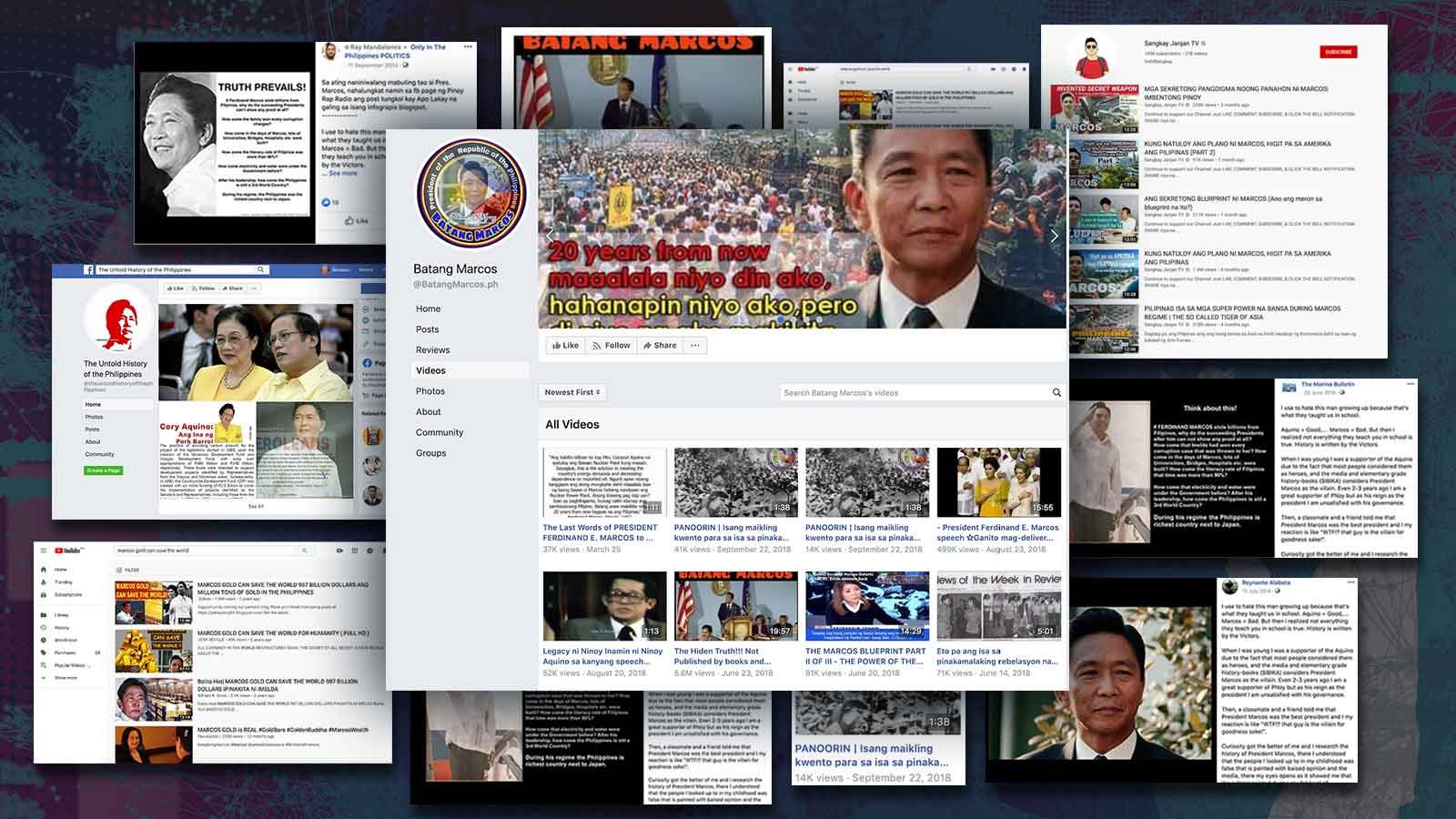
Created on October 25, 2016 and among the pages that have repeatedly posted false claims about the Marcos wealth, Batang Marcos is managed by 4 administrators based in Macau, according to its page transparency tab.
Among dubious content it posted was a claim about the Tallano royal family of the Maharlika kingdom that supposedly encompassed the entire Philippine archipelago and neighboring countries during the pre-colonial era. The tons of gold allegedly owned by the Marcoses – ranging from fantastic claims of hundreds of thousands of tons to a million tons – were supposedly given by the Tallano family to the Marcoses.
This claim is reiterated by Bible-quoting social media influencer Sangkay Janjan, who has posted a number of videos exagerating Marcos achievements and justifying their wealth on his Facebook page and YouTube channel. In one video, Sangkay Janjan even flashes a map of the alleged Maharlika kingdom.
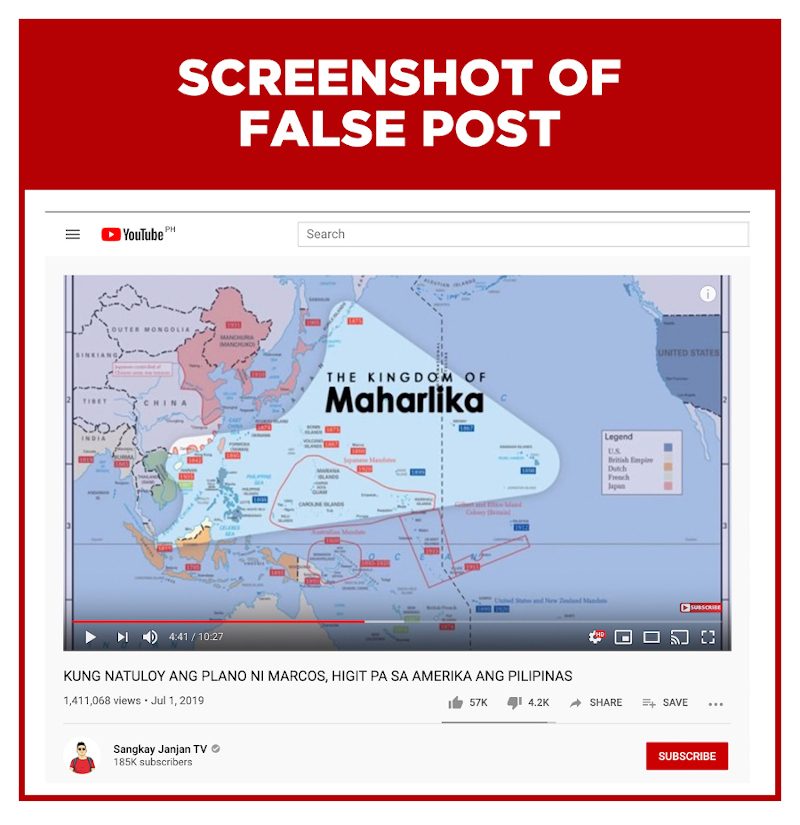
These are all false claims. There is no proof that such a kingdom ever existed, according to historians. Nor is there proof that a royal family named Tallano ever ruled over this kingdom. Even Tadhana: The History of the Filipino, the series of history books that Marcos bylined to herald his New Society, never mentioned Maharlika.
Millions reached, no denials
Altogether, these false claims have logged millions of impressions on Facebook and YouTube. One of the Batang Marcos posts about Maharlika and the Tallanos got as many as 80,000 shares before it got fact checked by Rappler.
Sangkay Janjan’s YouTube video with the Maharlika kingdom map has been viewed over a million times. Videos on YouTube that claim the Marcoses own a million tons of gold and that this gold will “save the world” have also gotten over 1 million views as of writing.
The number of followers of Facebook pages, groups, influencer accounts, and YouTube channels involved in this massive propaganda effort amount to millions.
The people behind these channels appear impervious to fact checks.
Pinoy Rap Radio did not respond to Rappler’s requests for an explanation about how they came to their conclusion. After Rappler published its fact check on the Pinoy Rap Radio claim denying Marcos corruption, the page administrators merely deleted the post without issuing corrections. They also deleted similar content posted on their page.
Rappler sought to interview Sangkay Janjan about the content he has been posting but he did not agree to an interview. Instead of issuing a correction in relation to a fact check done by Rappler, he defiantly posted a live video further exaggerating Marcos achievements.
It does not help that the Marcoses never denied nor commented on these claims. They have not granted Rappler’s request for an interview regarding these false claims and the activities of their campaign team on social media.
Imelda herself fanned this myth because she has been featured in interviews talking about the amount of gold her family supposedly owns. The Marcoses and President Duterte have also been saying that the Marcos family intends to give away their wealth without acknowledging the corruption charges.
Vulnerable spot
There could be a method to this madness.
Reports about the Marcos wealth obtained illegally or through corruption have been a politically vulnerable spot for the family. Imelda Marcos was convicted of 7 counts of graft in November 2018. In 2003, the Philippine Supreme Court rendered final judgment forfeiting in favor of the Philippine government funds that were recovered from the Marcoses’ Swiss deposits amounting to US$658,175,373.60 as of January 31, 2002.
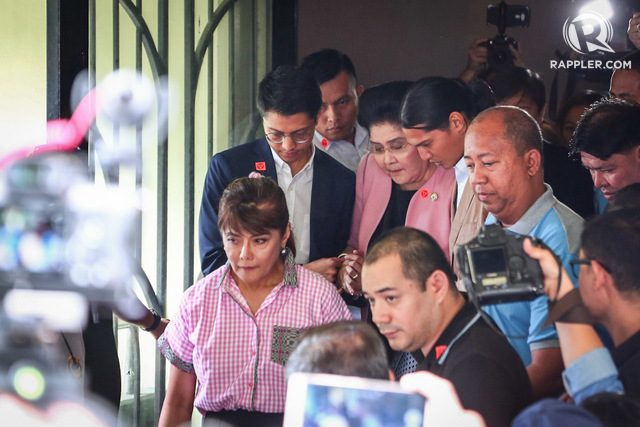
The government’s petition for forfeiture was granted by the High Court on grounds that the total amount of the Swiss deposits was “considerably out of proportion to the known lawful income of the Marcoses.”
Thus, disputing these or revising historical accounts about the Marcos wealth have been integral to the Marcos strategy of strengthening, if not consolidating, political dominance.
And it seems that the strategy is working.
Two years after the Marcos propaganda campaign ramped up on social media, Bongbong Marcos almost won the vice-presidential race in a very narrow contest. The results are still being contested. (To be concluded) – with Vernise Tantuco/Rappler.com
Below are links the to the other parts of this series:
READ: Part 1 | Networked Propaganda: How the Marcoses are using social media to reclaim Malacañang
READ: Conclusion | Networked propaganda: False narratives from the Marcos arsenal
Editor’s Note: As a matter of policy, Rappler does not hyperlink to channels and content proven to have been false or which have been used to spread disinformation or misinformation to avoid amplifying these false claims.
Add a comment
How does this make you feel?



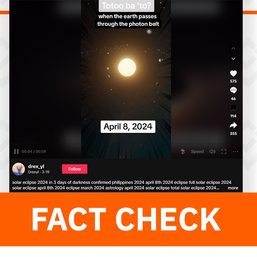

![[OPINION] If it’s Tuesday it must be Belgium – travels make over the Marcos image](https://www.rappler.com/tachyon/2024/04/tl-travel-makeovers-marcos-image.jpg?resize=257%2C257&crop_strategy=attention)
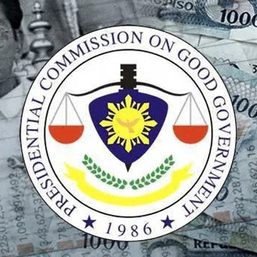

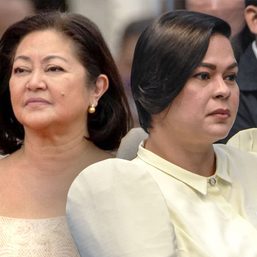
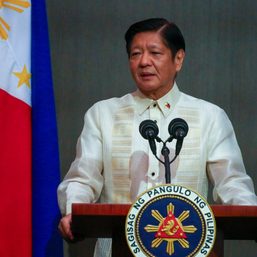



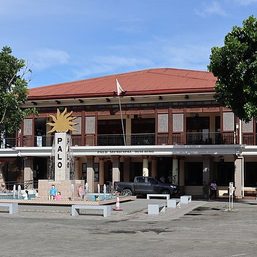
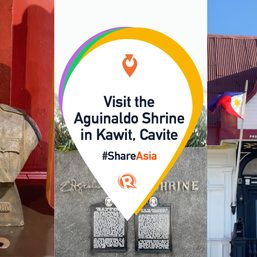
There are no comments yet. Add your comment to start the conversation.